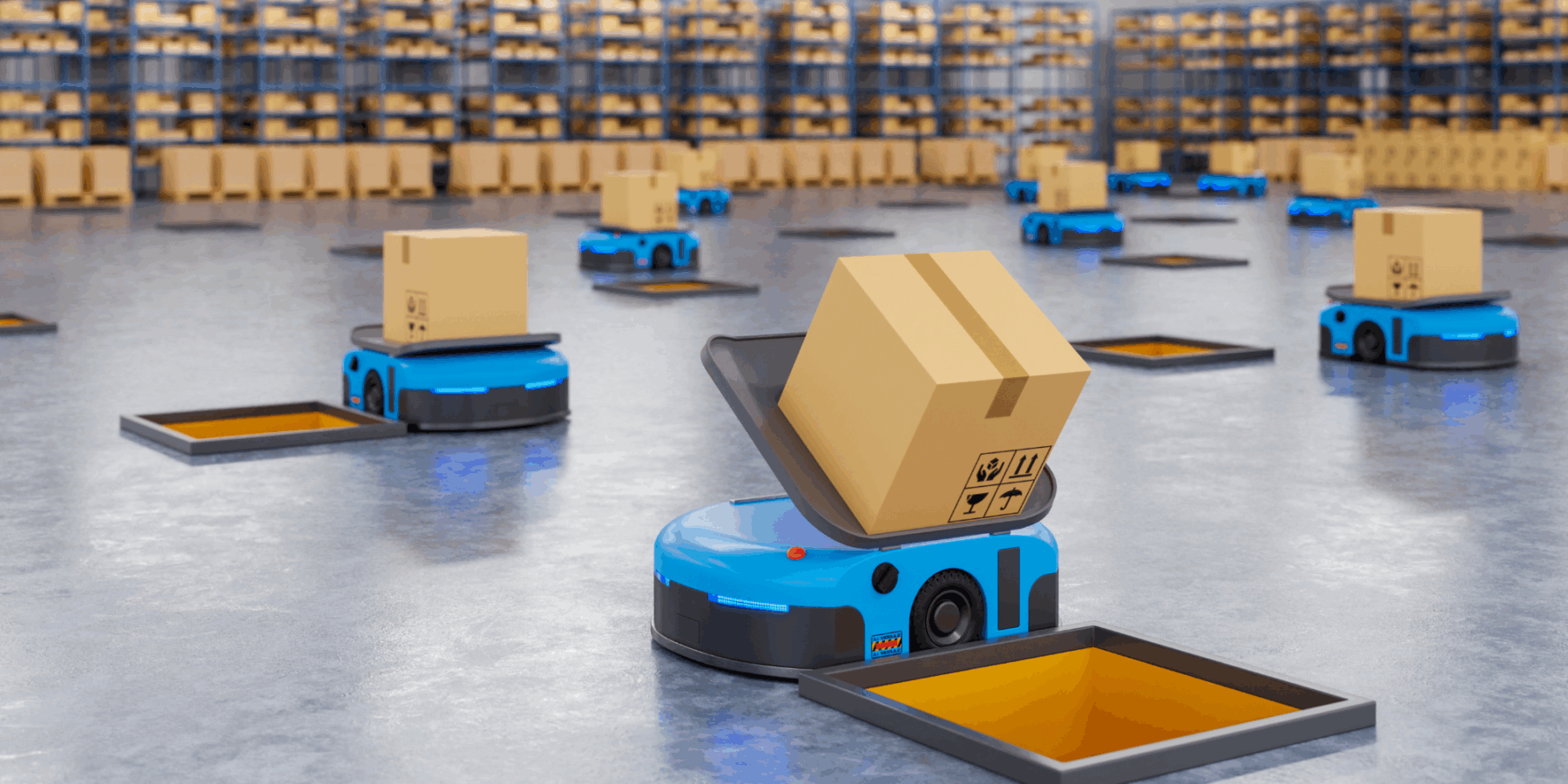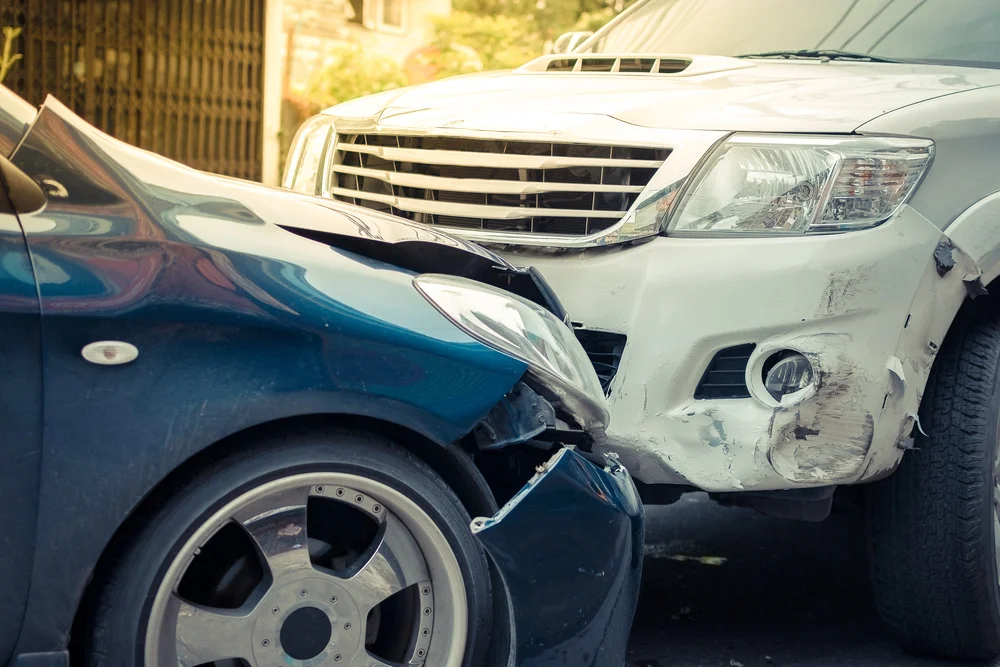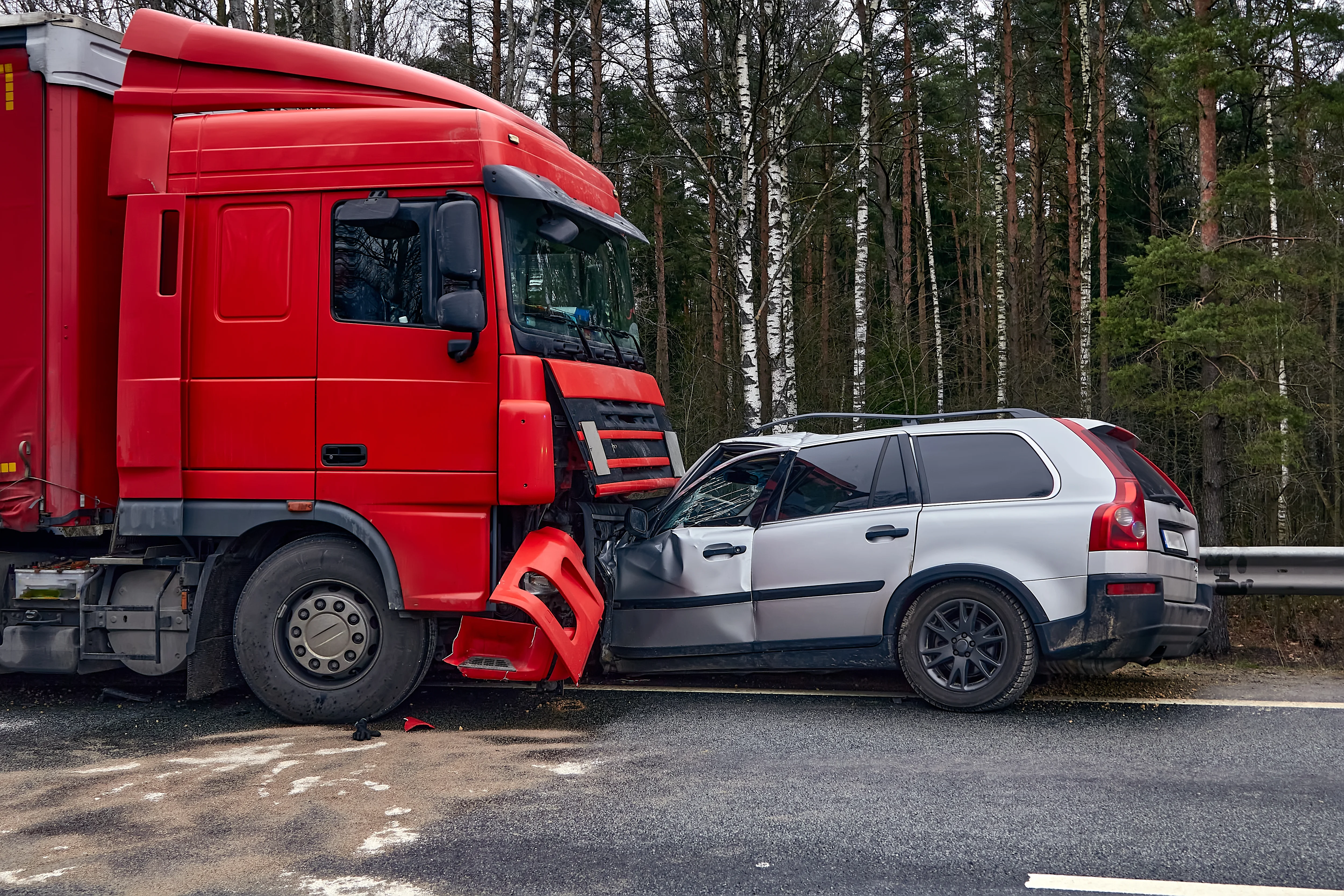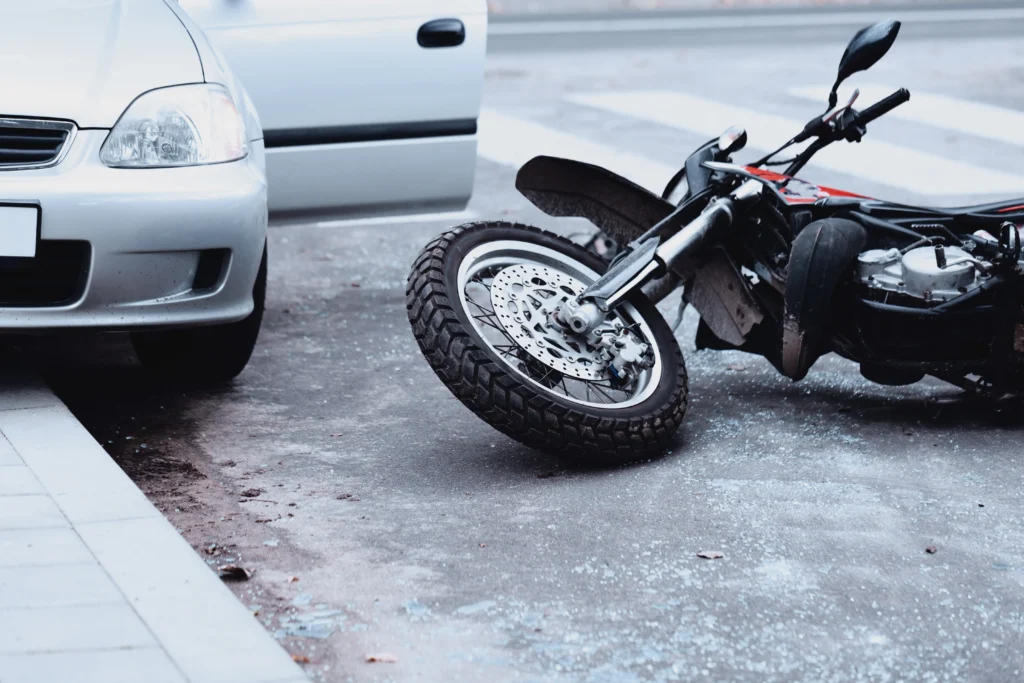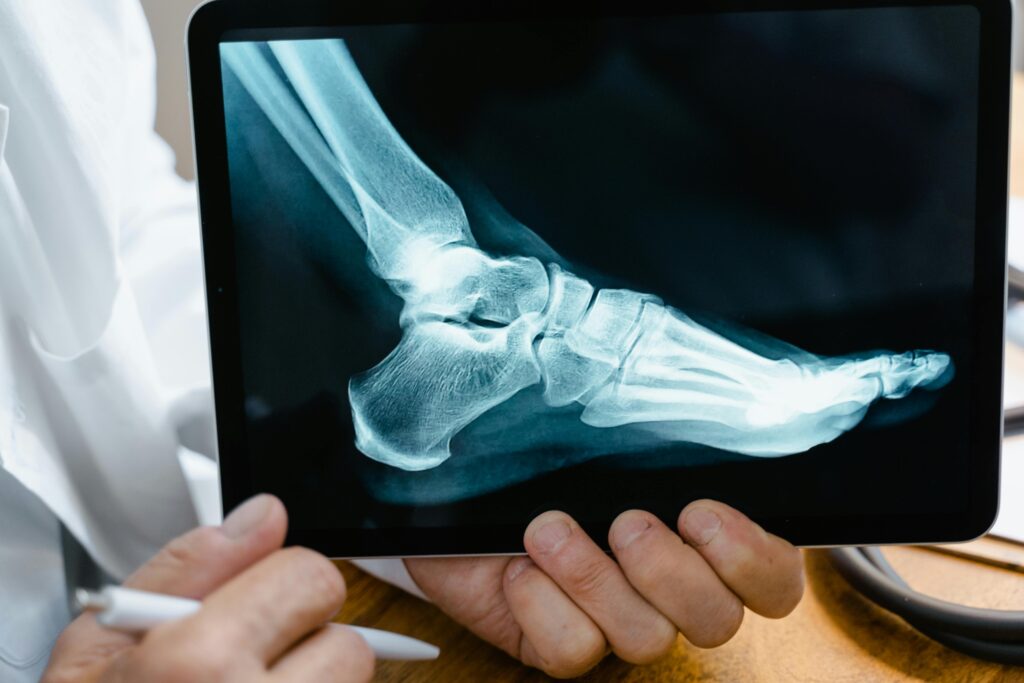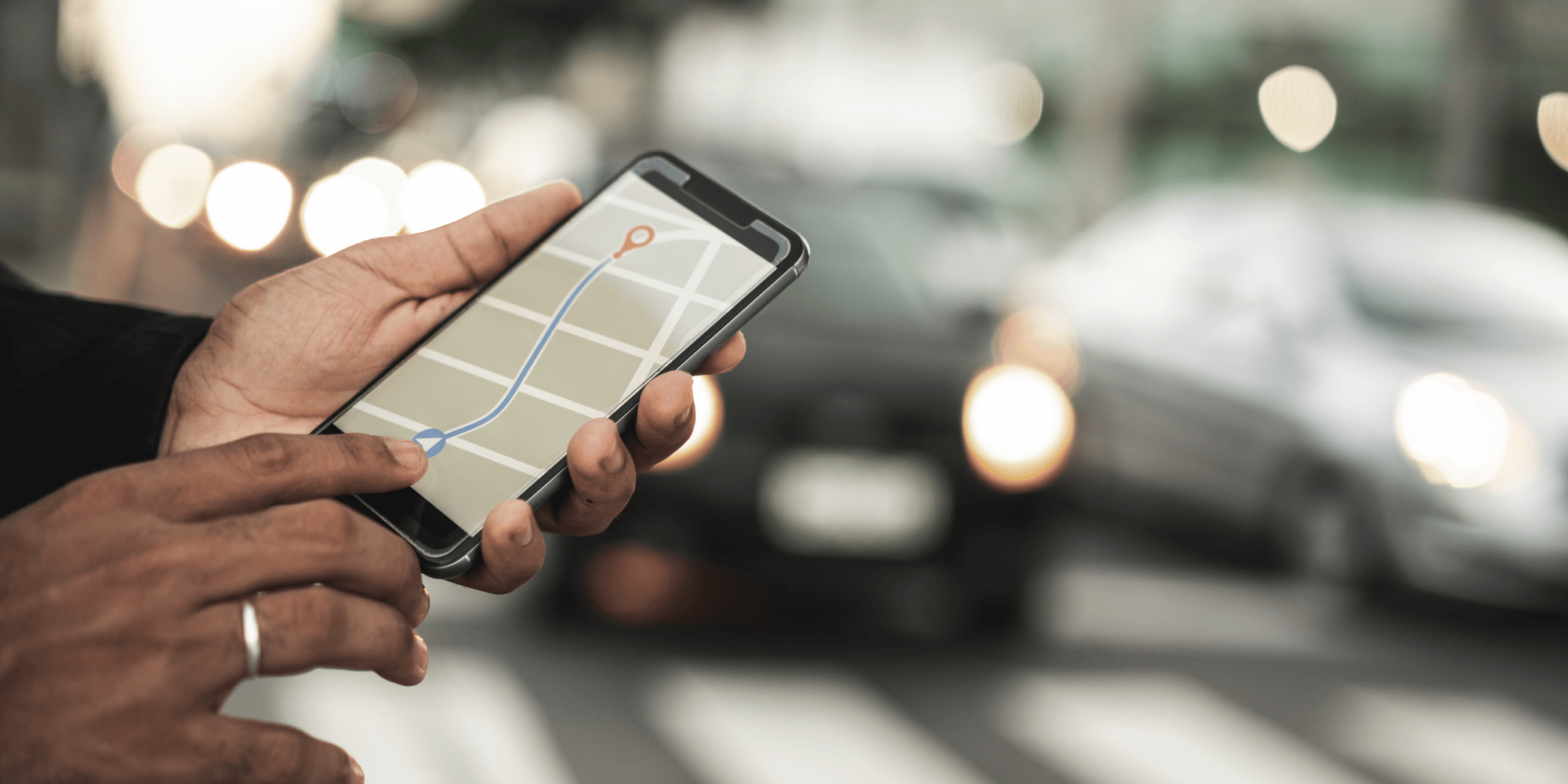Experienced Legal Advocacy for Colorado Amazon Truck Accident Victims
Amazon’s delivery network spans nearly every corner of Colorado, from the Front Range to the Western Slope. With a vast fleet of Amazon-branded trucks and contracted delivery vehicles flooding highways and residential streets, the risk of devastating collisions has increased statewide. When one of these large commercial trucks causes a crash, the consequences for everyday drivers, motorcyclists, and pedestrians can be life-altering. If you were injured by an Amazon truck in Denver, Colorado Springs, Aurora, or anywhere in Colorado, you need immediate legal intervention from a law firm that understands commercial carrier liability.
Jordan Levine, a leading name in personal injury litigation across Colorado, represents victims harmed in Amazon delivery truck collisions. Our firm aggressively investigates every angle of your case, from the driver’s history and fleet maintenance logs to Amazon’s layered contractor structure and hidden liability shields. We pursue maximum compensation for medical bills, lost earnings, pain, and permanent impairments caused by Amazon’s logistics negligence.
Colorado’s terrain, weather, and roadway infrastructure create unique challenges for commercial delivery drivers. Whether you were rear-ended by a Prime van in Boulder during icy conditions or sideswiped by a box truck in Fort Collins due to an illegal lane change, your legal claim deserves experienced, local representation. Amazon may attempt to deny responsibility by blaming third-party drivers or their independent delivery service partners (DSPs), but Jordan Levine is equipped to pierce corporate shields and hold every negligent party accountable. Don’t face Amazon alone, we are here to protect your rights and deliver justice.
What Makes Amazon Truck Accident Cases in Colorado Uniquely Complex?
Amazon truck accident claims in Colorado pose significant legal challenges due to the company’s vast and layered logistics framework. Unlike standard trucking companies, Amazon does not typically own or operate all vehicles bearing its logo. Instead, it contracts with local delivery service partners (DSPs), who manage fleets of cargo vans and box trucks tasked with meeting rigid delivery quotas across urban and rural regions. These vehicles operate under high pressure, often with unrealistic schedules that push drivers to speed, skip breaks, and ignore traffic laws. This delivery culture, designed to meet Prime delivery demands, increases the risk of severe traffic collisions on Colorado’s highways and residential streets.
When a collision occurs, Amazon may deny liability by claiming it had no control over the driver’s employment status or the operation of the vehicle. Yet these drivers are typically required to wear Amazon uniforms, use Amazon navigation software, and follow company procedures. This duality creates a confusing legal gray area where multiple parties, the driver, the DSP, the insurer, and Amazon itself may attempt to shift blame. Injury victims are left dealing with aggressive insurance adjusters and corporate attorneys who specialize in minimizing payouts or denying valid claims outright.
To overcome these challenges, victims need a law firm experienced in breaking down Amazon’s contractor model. Jordan Levine uses subpoenas, contracts, and delivery performance data to expose when Amazon’s policies directly contributed to reckless driving. Whether the crash occurred on a rural stretch of US-285 or during rush hour near downtown Denver, our firm brings the resources and litigation strategy necessary to hold all parties accountable. Victims should not be forced to decipher Amazon’s liability tactics while managing medical treatment and lost income. Jordan Levine ensures that the full scope of the company’s involvement is brought to light and that Colorado accident victims receive every dollar they deserve under state and federal law.
Why Victims Need Representation That Understands Amazon’s Delivery Network
Amazon’s logistics system in Colorado isn’t like traditional freight carriers. The company relies on a fast-moving, high-pressure delivery model that outsources many of its trucks to independent delivery service partners (DSPs). These DSPs operate fleets of box trucks and Prime vans under strict timelines often covering the mountain corridors of I-70 or navigating dense city traffic in Denver or Aurora with little margin for error.
This layered structure allows Amazon to deflect legal responsibility when accidents happen. Victims injured in these collisions are often told the driver is an independent contractor, not a direct Amazon employee, even when the vehicle is wrapped in Amazon branding. This creates significant legal hurdles for injured parties unfamiliar with how to trace liability through multiple corporate entities.
Jordan Levine knows how to unravel these shell structures. Our team traces delivery chain records, evaluates contracts, and obtains internal logistics data to determine whether Amazon’s policies contributed to unsafe driving. We build cases that bypass Amazon’s legal defenses and instead focus on the pattern of driver fatigue, training lapses, and delivery expectations that commonly lead to catastrophic wrecks on Colorado’s roadways. Without an attorney who knows how to navigate these specifics, injured victims may face unfair denials, delays, or undervalued settlements.
Holding Amazon and Its Contractors Accountable After a Truck Crash in Colorado
Amazon delivery truck accidents demand immediate and aggressive legal action. Because Amazon relies heavily on independent contractors to meet its strict Prime delivery timelines, there is often confusion about who is legally responsible after a wreck. In Colorado, this confusion is especially dangerous for victims due to the state’s modified comparative fault rules. If victims are found even slightly at fault or fail to prove which entity controlled the truck or delivery protocol, they may receive reduced compensation or none at all.
Colorado’s courts recognize the unique dangers posed by large commercial vehicles like Amazon box trucks and vans. These vehicles often weigh far more than the average passenger car and can cause catastrophic damage, especially in high-speed zones on I-25 or mountain routes with poor visibility. Despite this, Amazon’s drivers are pushed to meet quotas that sometimes exceed 200 packages per shift, increasing the risk of distracted driving, unsafe turns, and skipped safety checks. When an accident occurs, Amazon’s legal teams may attempt to hide behind layers of contracted responsibility, delaying justice for victims.
Jordan Levine takes a different approach. We begin every case with an aggressive investigation into the driver’s history, DSP ownership, Amazon’s digital routing data, and the vehicle’s black box. By establishing a chain of command and proving Amazon’s oversight or negligence, we can demand accountability even when the driver wasn’t directly employed by Amazon. This approach has helped Colorado families secure substantial verdicts and settlements in commercial trucking cases, including those involving major national carriers.
Investigating Driver Qualifications and Delivery Pressure
Amazon’s hiring standards for drivers operating in Colorado vary drastically depending on whether the driver is part of a DSP or Flex contractor. Many DSPs hire drivers with minimal commercial driving experience. These individuals may receive limited training but are still expected to operate large vehicles through mountainous terrain, tight residential corridors, and high-traffic urban zones. Jordan Levine analyzes the hiring records, training logs, and shift schedules to determine whether Amazon’s rush delivery model compromised public safety. By doing so, we uncover negligence that might otherwise be buried under contractor layers.
Analyzing Vehicle Maintenance and Amazon Safety Protocols
Amazon-branded trucks used in Colorado must comply with strict state and federal maintenance standards. However, maintenance is often outsourced or poorly documented by DSPs attempting to cut costs. Worn brakes, bald tires, or faulty steering components are common issues found in Amazon truck wrecks. Our firm demands maintenance logs, inspection reports, and internal repair orders to determine if vehicle condition played a role. If Amazon failed to monitor these safety aspects or looked the other way, they may be liable under both Colorado tort law and FMCSA regulations.
Tracing Responsibility Through Digital Delivery Records
Every Amazon truck operates under tight surveillance. Routes are preloaded through Amazon’s Flex and DSP apps, which dictate delivery speed, break times, and stop efficiency. These systems leave behind a trail of GPS data, delivery timestamps, and driver behavior logs. Jordan Levine uses this digital evidence to pinpoint whether Amazon exerted control over the driver’s workday, a critical factor in holding the company liable. By proving Amazon directed the pace and execution of deliveries, we challenge the claim that the company is merely a distant platform.
How Colorado Amazon Accidents Happen
Amazon truck accidents across Colorado are rarely minor. These crashes are often violent, high-impact events caused by drivers rushing to meet quotas, navigating unfamiliar routes, or operating under fatigue. Colorado’s diverse topography from Denver’s dense urban grids to mountain passes near Vail and rural stretches of the Eastern Plains presents unique driving hazards. When Amazon drivers lack local knowledge, or when vehicles are poorly maintained due to third-party oversight, deadly collisions occur. Jordan Levine understands the full spectrum of Amazon truck accident causes and investigates every contributing factor to hold negligent parties accountable under Colorado law.
Speeding to Meet Delivery Deadlines
Amazon’s drivers are under immense pressure to complete routes within preset delivery windows. In many parts of Colorado, including along I-70, US-36, and CO-470, these deadlines lead to dangerous speeding. Drivers often push beyond posted limits, particularly when delivery volumes surge during Prime Day, holidays, or severe weather delays. Excessive speed in commercial vehicles significantly increases stopping distance and the risk of loss-of-control crashes. Our legal team examines speed data from onboard GPS and telematics to prove when reckless delivery expectations caused preventable injuries.
Distracted Navigation and Device Use
Amazon drivers rely on in-vehicle apps for routing, communication, and package tracking. While these tools are essential for delivery operations, they also serve as a distraction. Many crashes happen when drivers split attention between the road and their handheld devices especially in heavy traffic or when searching for rural addresses. This form of distracted driving is one of the leading causes of Amazon-related wrecks in Colorado. Jordan Levine exposes the link between Amazon’s tech-driven workflow and driver inattention that results in injury or death.
Unsafe Lane Changes and Blind Spot Collisions
Amazon vans and box trucks lack the maneuverability and visibility of smaller vehicles. When drivers are fatigued, untrained, or distracted, they often misjudge safe passing distances. These judgment errors lead to sideswipe accidents, particularly on I-25 through Colorado Springs or along multi-lane routes near Boulder. Many of these crashes occur in the truck’s blind spots, and Amazon’s drivers may fail to use turn signals or mirrors properly. We use traffic camera footage, eyewitness accounts, and vehicle telemetry to prove negligence in these blind spot collisions.
Poor Weather Readiness and Lack of Defensive Driving
Colorado weather changes rapidly with snow, fog, and ice can hit within hours, especially at elevation. Drivers unfamiliar with mountain driving or adverse weather conditions often lose control on steep grades, curves, or slick urban roadways. Amazon’s delivery standards rarely adjust in response to bad weather, which forces drivers to keep going despite dangerous conditions. Jordan Levine evaluates whether Amazon’s logistics model created an unsafe work environment that led to avoidable crashes during snowstorms, heavy rain, or wind advisories.
Injuries Common from Amazon Delivery Truck Accidents
Amazon delivery trucks can cause severe, life-altering injuries due to their size, weight, and force of impact. These injuries often occur at high speeds or during sudden collisions in intersections, residential zones, and highway merging lanes. Victims in Colorado regularly suffer from complex trauma requiring emergency care, surgery, hospitalization, and long-term physical rehabilitation. Some injuries never fully heal and may prevent victims from working, walking, or caring for themselves. At Jordan Levine, we understand the physical, emotional, and financial consequences these injuries cause. Our firm helps clients across Colorado recover compensation for the full extent of their harm.
Life-Threatening Internal Organ Injuries from Amazon Truck Collisions
Blunt force trauma from a truck accident can damage internal organs such as the spleen, liver, lungs, or kidneys. These injuries may not show external symptoms right away but can cause internal bleeding or organ failure. Victims often experience abdominal pain, dizziness, and blood pressure drops in the hours after a crash. Internal damage may require emergency surgery and intensive care. If not treated promptly, these injuries can become fatal. Our legal team ensures medical experts document all internal trauma to support your claim.
Colorado Amazon Crashes and the Lasting Impact of Traumatic Brain Injury
Truck accidents frequently lead to concussions, brain contusions, or long-term cognitive disorders. A traumatic brain injury can affect memory, mood, sleep, and basic functioning. Victims may suffer headaches, confusion, vision problems, or speech difficulties. Even mild TBIs can change a person’s ability to work or interact with others. Jordan Levine works with Colorado neurologists and rehabilitation specialists to show the true cost of a brain injury. We pursue compensation for long-term care, therapy, and loss of quality of life.
Amputation and Limb Loss Caused by Catastrophic Amazon Delivery Wrecks
Crush injuries and catastrophic impact can lead to the loss of a limb or require surgical amputation. These injuries are most common when a leg or arm is pinned between vehicles or trapped in twisted wreckage. Victims must undergo multiple surgeries, prosthetic fittings, and extensive physical therapy. Amputations cause permanent disability and may prevent return to work or normal activities. We build strong injury profiles supported by medical and vocational experts to show the lifelong impact of limb loss.
Broken Bones and Fracture Injuries in Amazon Truck Accidents Across Colorado
Fractures are common in Amazon truck crashes due to the force of the impact. Victims may suffer broken arms, legs, hips, ribs, or facial bones. These injuries often require casting, surgery with metal rods or plates, and months of limited mobility. Some fractures heal unevenly or cause chronic pain and arthritis. Jordan Levine includes every fracture in your damage model, along with projected costs for follow-up treatment and loss of function.
What To Do After an Amazon Truck Accident in Colorado
After an Amazon truck accident in Colorado, your actions in the first few hours and days can make or break your injury claim. Victims are often overwhelmed, dealing with serious injuries, hospital stays, and complex insurance questions while Amazon begins its internal legal defense. Whether your crash happened on a suburban street in Aurora, a commercial corridor in Lakewood, or a rural highway outside Pueblo, it is essential to take immediate steps to protect your rights. Jordan Levine helps clients preserve evidence, document injuries, and navigate the multi-layered insurance process that follows Amazon-related wrecks.
Call Law Enforcement and Document the Crash Scene
Always call the police after an Amazon truck collision, no matter how minor the damage seems. A formal accident report becomes a critical piece of evidence in determining fault, especially when corporate entities are involved. In Colorado, officers with local police departments or state patrol will assess the scene, record statements, and document weather and road conditions. Take photos of the vehicles, license plates, injuries, and Amazon branding on the truck. Capture skid marks, street signs, and any packages that may have spilled from the vehicle. This documentation helps our legal team reconstruct what happened.
Seek Immediate Medical Evaluation, Even for Minor Injuries
Injuries from Amazon truck crashes often involve blunt force trauma, internal bleeding, spinal damage, or head injuries that do not show symptoms right away. Always seek treatment at a hospital or urgent care clinic after the collision. Medical records created within the first 24 to 48 hours are essential to connect the accident to your injuries. In Colorado, insurance companies will scrutinize any gap in care to argue that your injuries were not related to the crash. Jordan Levine works with trusted physicians and medical experts across the state to ensure your injuries are properly diagnosed and documented.
Avoid Speaking With Amazon’s Insurance or Legal Teams
Amazon’s representatives or the DSP’s insurer may contact you within hours after the crash. Their goal is not to help you, it is to minimize Amazon’s legal exposure and close your claim fast. Do not give recorded statements, sign documents, or discuss fault with any insurance adjuster until you have spoken with legal counsel. Jordan Levine handles all communications with insurers, Amazon’s legal team, and other third parties so you can focus on recovery. We ensure your words are not twisted or used against you later in court.
Contact a Colorado Amazon Truck Accident Lawyer Immediately
Time is critical in Amazon truck accident cases. Evidence can disappear, vehicles can be repaired, and companies can erase or alter delivery logs. The sooner you speak with a qualified attorney, the better your chances of securing compensation. At Jordan Levine, we immediately launch an investigation, preserve digital records, subpoena delivery data, and prevent Amazon or its DSP from dodging responsibility. We represent clients across Colorado, including Denver, Fort Collins, Grand Junction, and Greeley, and we offer free consultations with no upfront fees.
Hit by Amazon in Colorado? Jordan Levine Will Hold Them Accountable
Amazon delivery companies act fast to protect their profits. You need a legal team that acts faster. Jordan Levine knows how to uncover the truth behind Amazon’s contractor system and fight for full financial recovery. If you were injured in a crash involving a Prime van, Amazon box truck, or delivery service partner vehicle anywhere in Colorado, now is the time to act.
Let Jordan Levine help you
- Uncover liability behind Amazon’s contractor network and delivery systems
- Recover maximum compensation for medical costs, wage loss, and future expenses
- Secure expert testimony and digital delivery records to prove your case
- Challenge Amazon’s insurance tactics and corporate denials head-on
Do not face Amazon alone. Contact Jordan Levine today for a free, no-obligation consultation.
Practice Areas
Trust Levine LawWith Your Personal Injury Claim
If you or a loved one have been injured, Levine Law will fight for you every step of the way. We will give our all to secure the compensation you rightfully deserve.
Contact usfor a free consultation.
Phone: (303) 951-4810
